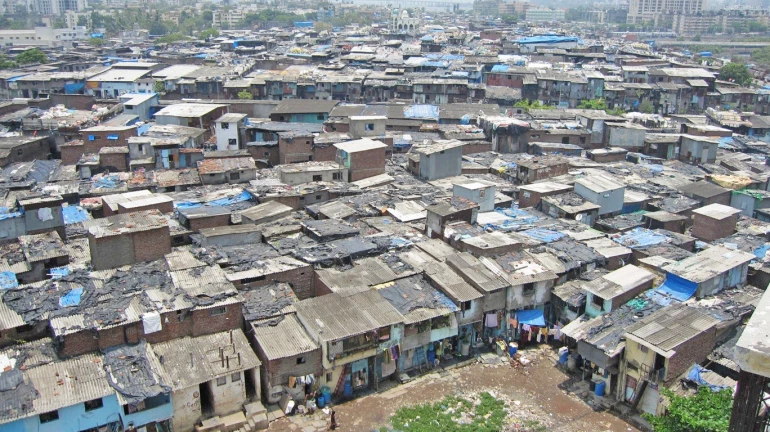
More than 50% of Mumbai’s population resides in either slums or unstructured housing and hence needless to say that speedy implementation of slum rehabilitation schemes is of paramount importance for the betterment of lives of countless slum families, bringing them into the mainstream social fabric of the city and for the overall development of the city.
The SRA CEO, Dr. Mahendra Kalyankar, whilst acknowledging the collective spirit of the various associations to tackle real estate industry issues, gave a joint invitation to CREDAI MCHI, NAREDCO, BDA & PEATA to visit the office of SRA to present to them the various initiatives undertaken by SRA and also resolve issues in implementation of schemes faced by the developers.
The delegates went into the meeting hoping to request for EODB but were in for a pleasant surprise as CEO SRA, Dr. Mahendra Kalyankar and his team wowed the audience with the strides that they have taken in incorporating technology into their approval process and single-minded focus towards ensuring provision of a home to the slum dwellers whilst empowering the developers to realize the objectives.
Right from the STQC certified website in more than 25 languages, to the integrated online module systems with various layers each accessible by separate subset of persons like officers, architects, general public etc, to the use of blockchain to store file approvals and the use of chat bots for easy consumer interface, each were innovative and well thought ideas meant for greater transparency, faster approvals, to foster accountability and in general create a level of reassurance amongst the slum families that they and their rehabilitation remain at the core of the program.
Dr. Mahendra Kalyankar, CEO, SRA has provided an audacious target to his team, to map each and every slum structure in Mumbai by end of this year. With initiatives like auto DCR, proactive changes in slum Act to cater to changing needs, time bound eviction and demolition programs to counter non cooperative slum dwellers, he says that he and his team are driven to march towards a slum free Mumbai.
Sukhraj Nahar, President, CREDAI MCHI stated that his company had never ventured into slum rehabilitation and was always skeptical about its viability but after today’s meeting he has a completely different perspective and would like to take on a few projects as the integration of technology into the approval process and the positive development-oriented mindset of the Authority had created the right environment for slum rehabilitation schemes to flourish.
Rushi Mehta, Secretary of CREDAI MCHI stated that use of technology in collating of all slum dweller data like Aadhar, PAN, Electoral Roll, Electricity Bills through a common software is going to be a game changer as the authority would be able to generate Annexure-2s in a click of a button which until now would take 6-9 months. Plus linking of Adhaar of slum dwellers and its families to permanent alternate accommodation would ensure that only genuine slum dwellers are beneficiaries of such schemes and 1 slum dwellers cannot claim more than 1 flats anywhere in the city of Mumbai.
Rajan Bandelkar, Vice Chairman, NAREDCO, commended the SRA’s proactive and transparent approach, stating, The SRA under the leadership of Dr. Mahendra Kalyankar is setting a new benchmark in governance and efficiency. The introduction of advanced digital systems and transparent processes will not only accelerate project approvals but also restore the confidence of developers in slum rehabilitation schemes. With this renewed momentum and accountability, we can truly envision a future where Mumbai moves decisively towards becoming slum-free.
Abhay Chandak, Vice President NAREDCOMaharashtra lauded the efforts of SRA for formulating SOPs which target demolition and eviction of non-cooperative structures within 45 days through time bound implementation of sec 33&38 of the Act. The demolition of around 1000 structures within a scheme in Worli within a matter of 1 month and actual demolition within 3 days is a prime example of the SRA’s renewed grit in providing developers with an environment conducive for fast implementation of schemes.
Most points for discussion were addressed by the presentation itself and for the rest, SRA CEO was extremely positive about his support in streamlining various issues and approval process. The SRA has long been a punching bag for non-believers in the schemes efficacy and has on more than one occasion borne the ire of the courts but this 2.0 version is here to win over all naysayers and we are about to see a transformation in how schemes are implemented through the optimal use of technology.





